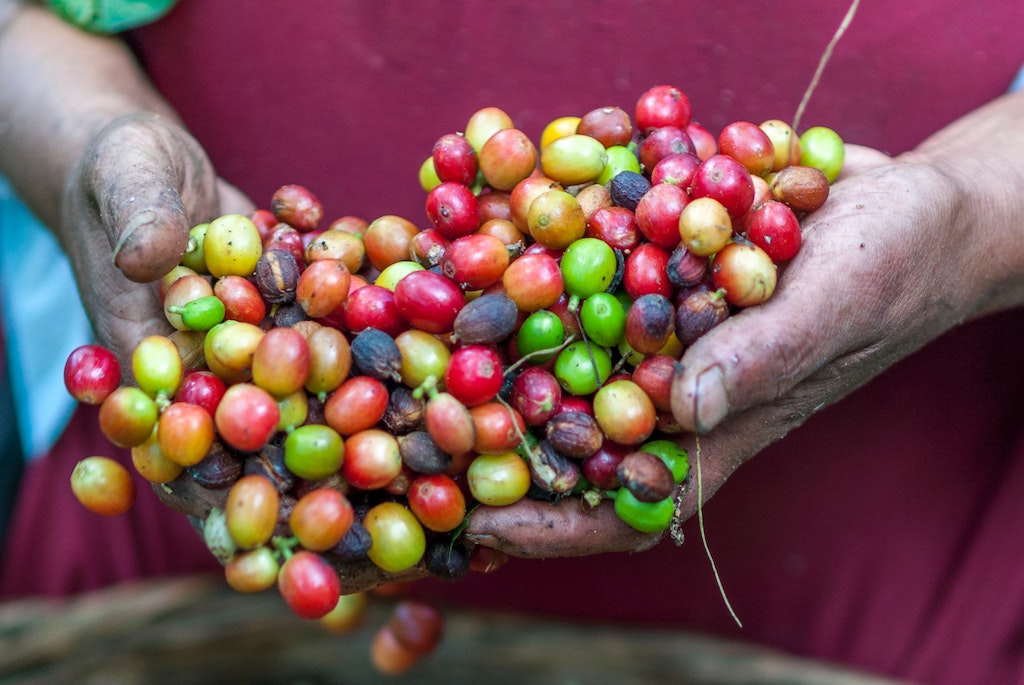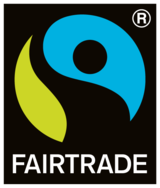Fairtrade & Human rights – Tips
Fairtrade in food contributes to sustainable development worldwide. Here you will find information and tips on the topic of fair procurement.

Human rights violations are still widespread along food supply chains (e.g. child labor, wages, working conditions, etc.) and must be taken into account when purchasing food. Unfortunately, small agricultural producers often do not have enough market power to enforce acceptable prices for their products. This is where the “Fairtrade” concept comes into play.
The social aspects of a sustainable food offer include fair partnerships for farmers, especially fair income, fair wages and conditions for workers, a healthy and safe working environment, and the protection of communities from negative impacts of farming.
The World Fair Trade Organization defines fair trade as follows: “Fair trade is a trading partnership based on dialogue, transparency and respect that seeks greater fairness in international trade. Fair trade contributes to sustainable development by providing better trading conditions and securing the rights of marginalized producers and workers, especially in Southern countries.”
The Fairtrade Label

There are different labels that identify products as fair trade. “Fairtrade International” is the oldest, best known and most widely used label and represents about 80% of certified fair-trade sales worldwide. The label guarantees fair prices and working conditions, which are ensured through regular audits, interviews and document reviews.
